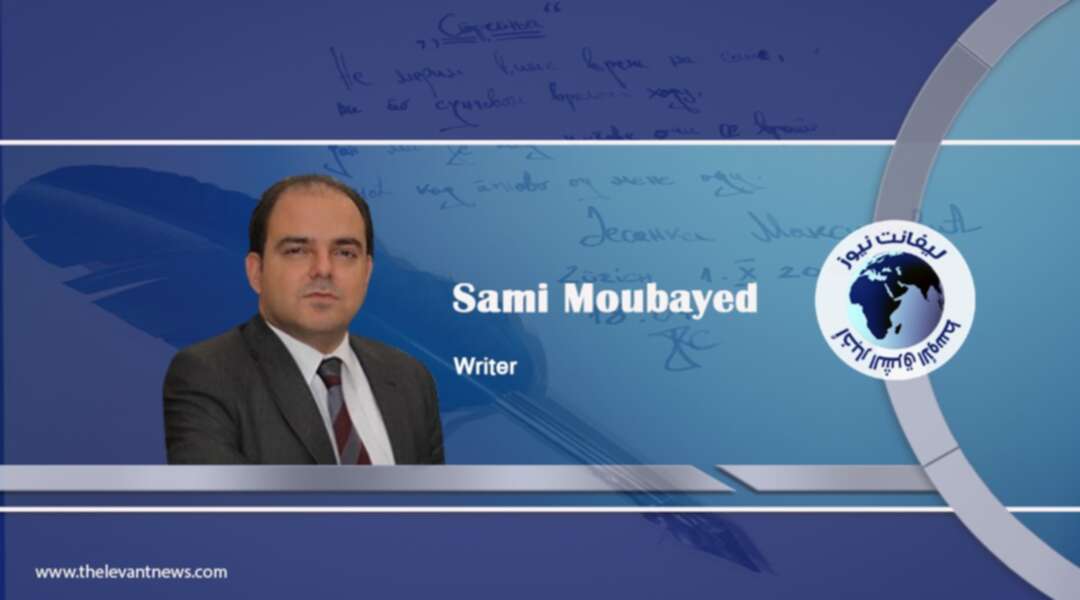-
What to expect from Hamas, if JCPOA fails?

The situation in Palestine is volatile, tottering on the verge of a third intifada. In recent weeks we have witnessed a series of stabbings, target assassinations, and arrests, topped with a major raid on Jenin and the murder of veteran Palestinian journalist Sherin Abu Akleh on 11 May. At least one officer of the elite Israeli force Yamam was killed in Jenin’s Burqin town last month, while a handful of Palestinians have been arrested. Among the dead is Daoud Zubaidi, who succumbed to his injuries on 15 May 2022. He was the brother of arrested Fateh military leader in Jenin Zakariyya Zubaidi, who is in an Israeli prison. The Zubaidis are allies of Hamas and ranking commanders of the Jenin branch of the Palestinian Islamic Jihad (PMI)’s military wing, Saraya al-Quds. So are the Dabai brothers, who were the target of a recent raid on the Jenin Refugee Camp.
In the midst of the violence, Qatari diplomat Mohammad al-Imadi landed in Gaza on 18 May, raising eyebrows and plenty of questions. Imadi heads the Qatari Committee for the Reconstruction of Gaza, and his visit comes amidst unprecedent tension in the Palestinian Territories—tension that he can either enflame, or defuse. That depends on how much money is given to Hamas, and what strings are attached to it. Officially, the visit is to settle an overdue payment to Gaza, pending since 1 May. Qatar provides the Gaza Government with $30 million USD monthly but last month, only $24 million were wired to Hamas. $10 million are allocated for fuel, $10 million for 100,000 families in-needs (including families of Hamas martyrs), and $4 million USD in salaries for the Hamas government. Qatar gives Hamas $360 million USD/year.
On wonders, will this money be used to sooth the suffering of Palestinians, or will Hamas allocate it for military activities?
Hamas leaders has been in the news lately, especially after Israeli media outlets demanded the assassination of Hamas chief Yehya al-Sinwar. Joining the chorus were Uri Zaki of Meretz, journalists Ammon Abramovich (TV Channel 12) and Ben Caspit (Maarev), while Likud MP Yoav Gallent was quoted saying: “Sinwar needs to be assassinated immediately. Assassinate him, no matter what the consequences.” Channel 13 then conducted a survey on whether or not Sinwar should be killed, showing that 60% of respondents wanted him dead. It must be remembered that Hamas thrives on such logic. They feel uncomfortable when dealing with moderates and are at great ease with radicals like themselves. Such provocative remarks give Sinwar and his colleagues a free hand to further militarize Palestinian society, toughen their stance, and ask for more money, whether from Qatar or Iran. Hamas is already planning for attacks south of Nablus, in response to the killing of its member Walid Sharif, a native of Beit Hananiya who was wounded at the Al Aqsa Mosque in April, and died in May.
Another survey, this time conducted by the Israeli Democracy Institute, showed that a majority of Israelis believe that the Bennet government should impose sovereignty over the Temple Mount and permit Jews to pray there. More music to the ears of Yehya al-Sinwar. This, and the need to eliminate Sinwar, is a view that is starting to gain momentum throughout the political and security establishment in Israel. If Bennet is convinced, then such actions would, undoubtedly, ignite a third intifada. The Izz al-Din Qassam Brigade has promised an “earthquake” in the region, should Israel kill Sinwar. The sixty-year old Sinwar, who “We would rather not turn the battle with the occupation into a religious battle. But if the occupation and extremists want to turn the battle with the Palestinians into a religious war, then, challenge accepted.” In any future war, Sinwar promised to fire 1,111 rockets against Israel. In most cases, such rhetoric would go by unnoticed, since it is common for Hamas to make such inflated claims. But coming from Sinwar, it must be taken seriously, although such a threat cannot be carried out without the support of Iran. And such support doesn’t seem forthcoming, at least in the short-term, so long as JCPOA remains on the table.
But what if JCPOA collapses? Many have started asking that question, wondering where and when Iran will decide to flex its muscle and strike back at the US. Its needs a stage that is all set for confrontation; a theatre where there are plenty of arms, topped with high indoctrination, poverty, and radicalization. Iran will want to retaliate through stages that are all set up for a confrontation. The obvious stage then, would be Gaza.

BY: Sami Moubayed
You May Also Like
Popular Posts
Caricature
BENEFIT Sponsors BuildHer...
- April 23, 2025
BENEFIT, the Kingdom’s innovator and leading company in Fintech and electronic financial transactions service, has sponsored the BuildHer CityHack 2025 Hackathon, a two-day event spearheaded by the College of Engineering and Technology at the Royal University for Women (RUW).
Aimed at secondary school students, the event brought together a distinguished group of academic professionals and technology experts to mentor and inspire young participants.
More than 100 high school students from across the Kingdom of Bahrain took part in the hackathon, which featured an intensive programme of training workshops and hands-on sessions. These activities were tailored to enhance participants’ critical thinking, collaborative problem-solving, and team-building capabilities, while also encouraging the development of practical and sustainable solutions to contemporary challenges using modern technological tools.
BENEFIT’s Chief Executive Mr. Abdulwahed AlJanahi, commented: “Our support for this educational hackathon reflects our long-term strategic vision to nurture the talents of emerging national youth and empower the next generation of accomplished female leaders in technology. By fostering creativity and innovation, we aim to contribute meaningfully to Bahrain’s comprehensive development goals and align with the aspirations outlined in the Kingdom’s Vision 2030—an ambition in which BENEFIT plays a central role.”
Professor Riyadh Yousif Hamzah, President of the Royal University for Women, commented: “This initiative reflects our commitment to advancing women in STEM fields. We're cultivating a generation of creative, solution-driven female leaders who will drive national development. Our partnership with BENEFIT exemplifies the powerful synergy between academia and private sector in supporting educational innovation.”
Hanan Abdulla Hasan, Senior Manager, PR & Communication at BENEFIT, said: “We are honoured to collaborate with RUW in supporting this remarkable technology-focused event. It highlights our commitment to social responsibility, and our ongoing efforts to enhance the digital and innovation capabilities of young Bahraini women and foster their ability to harness technological tools in the service of a smarter, more sustainable future.”
For his part, Dr. Humam ElAgha, Acting Dean of the College of Engineering and Technology at the University, said: “BuildHer CityHack 2025 embodies our hands-on approach to education. By tackling real-world problems through creative thinking and sustainable solutions, we're preparing women to thrive in the knowledge economy – a cornerstone of the University's vision.”
opinion
Report
ads
Newsletter
Subscribe to our mailing list to get the new updates!




















